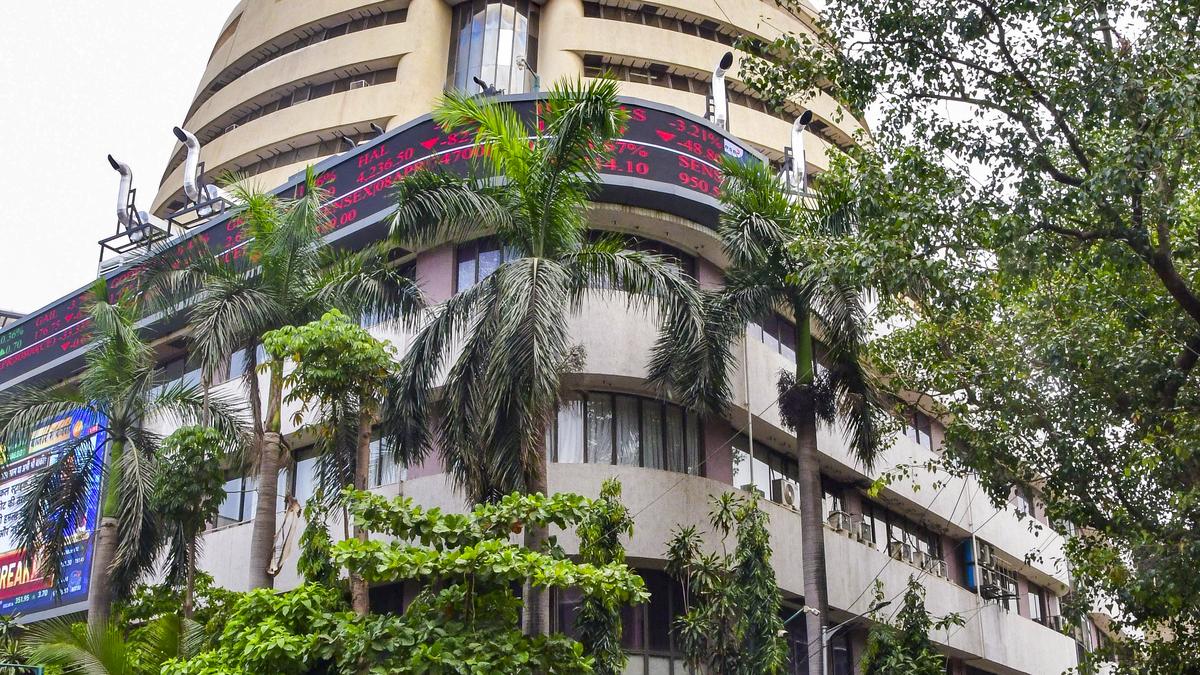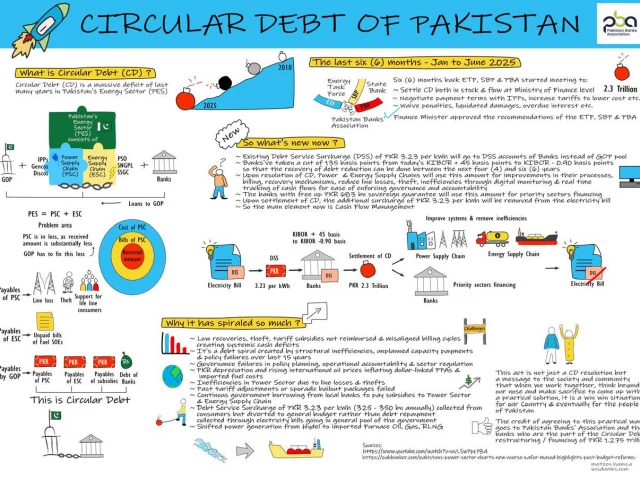In May 27 members of the Community Empowerment Resource Network (CERNET), a Philippine charity, were charged with bankrolling communist rebels. Straight away the case looked strange. A social-media post by police claimed they had jailed Estrella Flores-Catarata, one of CERNET’s associates, who received an award from the UN for her work with indigenous people last year. She has no criminal record and was set free after paying bail. Other charities that support small-scale farmers and help people after natural disasters have also had their top brass charged and accounts frozen for allegedly breaching the Philippines’ Anti-Terrorism Act, a draconian law passed in 2020.
Their ordeal is an example of how strongmen are weaponising rules intended to stop dirty-money flows, both at home and abroad. LexisNexis, a data firm, lists 130,000 entities alleged, either by governments or media, to have laundered money. Some 30,000 have had their assets frozen, up from 24,000 last year—the biggest rise in at least nine years. Although some of this increase reflects genuine crime-fighting, international directives create opportunities for large-scale abuse. And evidence suggests that strongmen are becoming increasingly creative in how they wield their tools of financial suppression.






